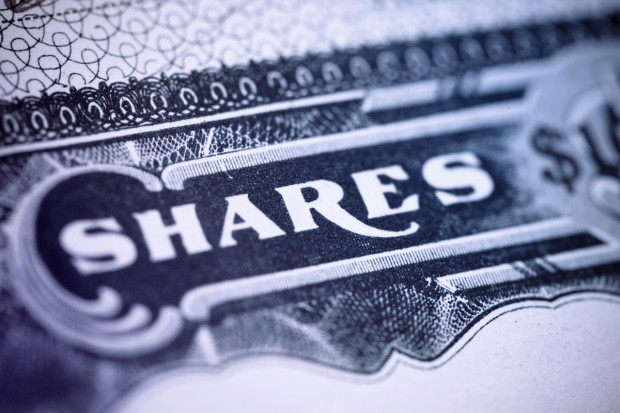 .... Who owns SECU?
.... Who owns SECU?
Ever thought about that question? Sure you haven't! Well, do think about it... who does own that little $50 billion North Carolina enterprise?
When credit unions were first organized, every member could readily answer that question. Joining a credit union meant you were part of a small, select group at work, on a military base, in a church, or within your local community, which was banding together to help each other. Your fellow members were your co-workers, fellow worshipers, friends, and neighbors - you knew each other.
You and your fellow members had a common need, a common purpose - access to affordable credit. The credit union wasn't about making a profit, it was about working together to help each other. It was a cooperative effort to improve the financial prospects of each member, of each family. Separately you couldn't do it, together perhaps you could.
Why did credit union members pay close attention? Because the loans being made by the credit union were being made with the savings dollars of other members. [Still works that way today!] Some members put their savings into the credit union, which used those deposits to make loans to fellow members. Savings deposits had a special name at credit unions; they were called "shares". Why shares?
Because each member's savings deposits were at risk of loss based on the performance of the credit union. Each member was an owner, an investor, a stakeholder in the success or failure of the credit union. Each member owned and shared an equal part of that risk.
If the loans were not repaid, each saving member shared in the loss! At the beginning of the year, you might have $500 on deposit in savings; but if major loan losses occurred, you might end up with only $400 at the end of the year. Your share of losses was deducted from your share account! Members kept close track of their credit union - and helped assure loans were prudent and got repaid.
SECU members knew their life savings were at stake. They knew they "shared the risk". They knew they owned SECU - and why that shared ownership was important!
Why aren't SECU members paying attention anymore? What has changed?
... as a member are you still "at risk"? If you don't know, shouldn't you ask?
womp womp
ReplyDeleteThat's why we are called Member/Owners.....
ReplyDelete.... just like just like board members are voted in to work for the membership ... ALL members ...
education is the key ... modules helped but it appears that a lot of people just don't care, they are lukewarm.
ReplyDeleteAnd it goes back to "what's in it for me" the heck with those other members ....
Jim, an off-topic question but can you as a former CEO of a credit union explain why one would charge a minimum balance fee for checking accounts? For example, South Carolina Federal Credit Union charges a fee is a minimum balance of $1000 is not maintained per statement cycle. Seems odd to me that they are one of the few credit unions that charge this type of fee. Thanks!
ReplyDeleteBest to ask them. Each credit union chooses its own approach to pricing, regardless of what you read about an "industry standard".
DeleteAll members hate fees - no exception to that, kinda like their opinion of taxes! But, there are costs which have to be covered even in a not-for-profit.
"Old fashioned" thinking was that the account you should "fee the least" was checking since it is every consumer's key, core transaction account. The checking account is the one account you hope every member has with the credit union. (Want independent confirmation of that thought? A fellow named Elon Musk made his original fortune with a little start-up consumer transaction processor called PayPal .)
If you are a highly member-focused CU, you don't want a minimum balance because it also really saves members money! Fees add up quickly.
After pay day, the large majority of your members start the month with a healthy balance, but it quickly heads toward zero as the month progresses and bills are paid. A high minimum balance is really a marketing ploy to avoid telling most members that there will be a monthly fee assessed on the account.
Again the fee may be justified. Pretty easy to find an institution w/o a high minimum balance checking account as you note.
More than you wanted to know...
Looks like they give you multiple options for avoiding a fee. Guess it is there way to encourage the use of multiple services or maintaining a minimum balance.
DeleteAvoiding Fees
There is never a Self-Service Checking monthly fee for members under age 25. For others, the monthly fee is waived as long as one of the following criteria is met each month:
Average daily balance of $1,000 in your Self-Service Checking account.
Monthly direct deposit of at least a single amount of $250 or more, and 10 signature-based debit card transactions.
Month-end loan balance of $10,000 or more.
Monthly direct deposit of at least a single amount of $250 or more and an open South Carolina Federal Credit Union Mastercard Credit Card.
You have a South Carolina Federal Credit Union first mortgage.
That’s not how credit union deposits work. Deposits are insured by the federal government up to certain limits. I assume only the risk of the failure of the us government up to certain limits.
ReplyDeleteAnyone know why Civic has yet to file their 3Q Call Report?
ReplyDeleteThey merged with LG
Delete